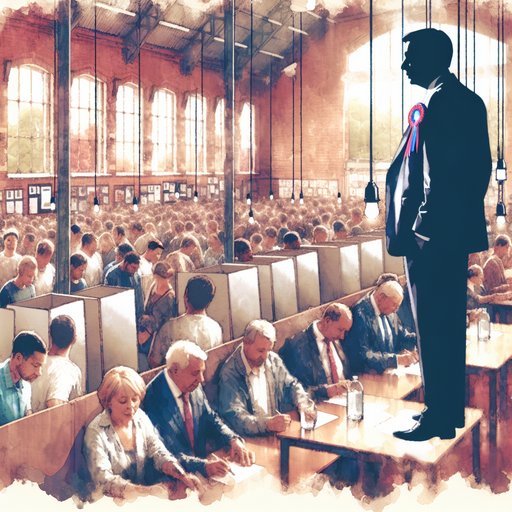
In a series of dramatic moves that have intensified federal control, President Trump has taken unprecedented steps to reshape both domestic policy and key institutions. The president announced the removal of Federal Reserve Governor Lisa Cook "effective immediately" [1] while simultaneously threatening to deploy National Guard troops to Chicago [2], marking a significant expansion of federal authority over both monetary policy and urban law enforcement.
The dismissal of Fed Governor Lisa Cook represents a direct challenge to the Federal Reserve's independence, traditionally maintained to ensure monetary policy remains free from political interference. Trump announced the removal through a letter posted on Truth Social, though legal experts are questioning the president's authority to unilaterally remove a Fed governor [1].
The president's threat to deploy National Guard troops to Chicago mirrors similar actions taken in the nation's capital, signaling an aggressive expansion of federal intervention in local law enforcement matters [2]. This move has sparked debates about the limits of presidential authority over domestic security operations.
Political analysts are noting a broader pattern of increased federal intervention under Trump's leadership. As highlighted by The Atlantic, the president's recent actions represent a form of "right-wing socialism" that contradicts traditional conservative principles of limited government [3].
The administration's expanding control is also evident in its push for Republican-led states to redraw their U.S. House districts, a move that could potentially secure long-term Republican control of the House of Representatives [4]. This redistricting initiative represents yet another example of federal influence over state-level political processes.
























